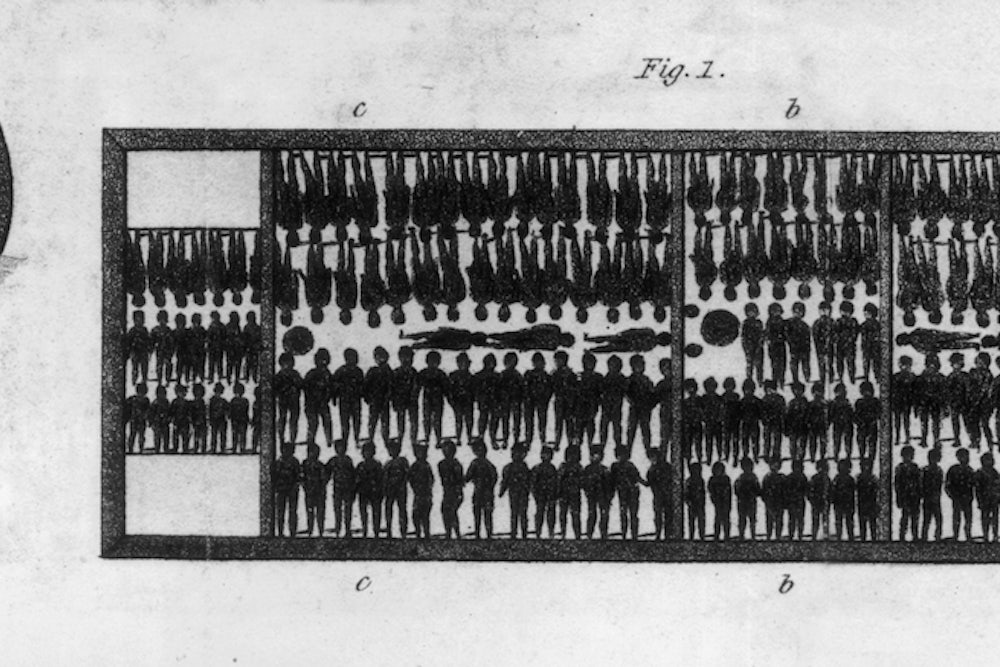Ta-Nehisi Coates's long cover story in the June issue of The Atlantic is about reparations for slavery. Indeed, the piece is titled 'The Case For Reparations.' (It isn't online yet. UPDATE: LINK HERE.) The story has been buzzed about for a while now, and while I recommend that everyone get their hands on the essay and read it at once, Coates's argument shouldn't be too controversial. But it will be—which is another sign of the sorry state of racial discourse in America.
Coates was wise to focus the essay less on the evils of slavery and more on the systemic and institutional ways in which African Americans have been beaten down, discriminated against, and terrorized over the past 150 years. Rather than being left to their own devices—something America prides itself on doing for its citizens—blacks were forcefully kept down by government and private institutions, federal laws and private banks. (The piece closes with Bank of America's recent behavior.) It is a powerful argument with some superb storytelling.
But prescriptively? Here is Coates, with some big ideas that really shouldn't sound all that earth-shattering:
What I'm talking about is more than recompense for past injustices—more than a handout, a payout, hush money, or a reluctant bribe. What I'm talking about is a national reckoning that would lead to spiritual renewal. Reparations would mean the end of scarfing hot dogs on the Fourth of July while denying the facts of our heritage. Reparations would mean the end of yelling "patriotism" while waving a Confederate flag. Reparations would mean a revolution of the American consciousness, a reconciling of our self-image as the great democratizer with the facts of our history.
Coates adds that he believes "wrestling publicly with these questions matters as much as—if not more than—the specific answers that might be produced," and says he supports a John Conyers bill that would merely call for a "Congressional study of slavery" and make recommendations for "appropriate remedies."
The fact that such measures will no doubt prove to be controversial is what makes this subject so depressing. The best argument against Coates's proposals is simply that they will prove to be more trouble than they are worth, i.e. that their practical effect will be a negative one. Perhaps white people will feel that they are being attacked, as a mere 95 percent of Fox News segments imply. Or perhaps this will weaken support for the social safety net, because African Americans will sound ungrateful. (The focus of the remaining 5 percent of Fox segments.) But then Coates will have been proven doubly right. If we can't even have the conversation he wants because people are so defensive or unwilling (or plain racist), it's just more evidence for what his essay rightfully bemoans.
